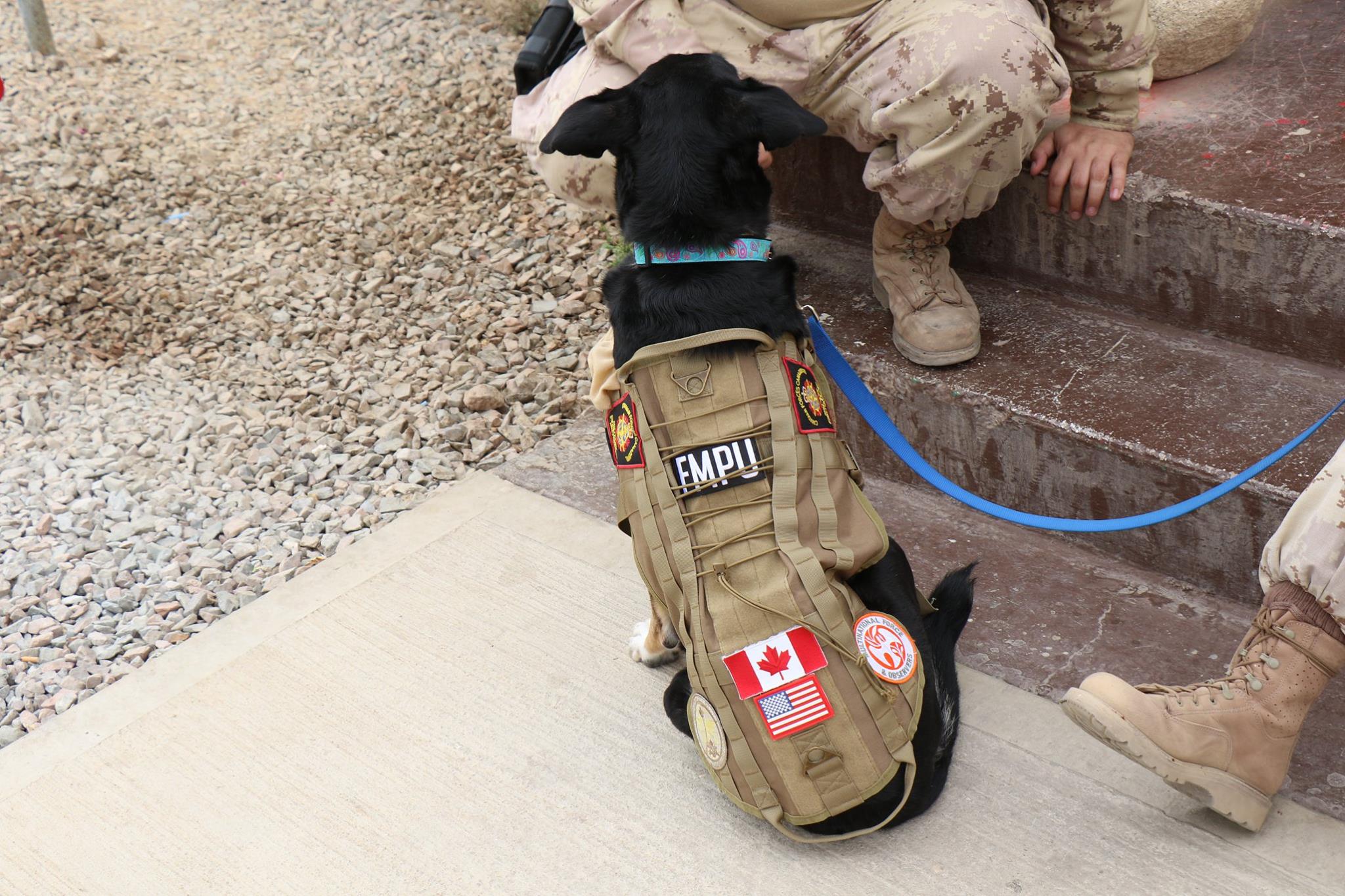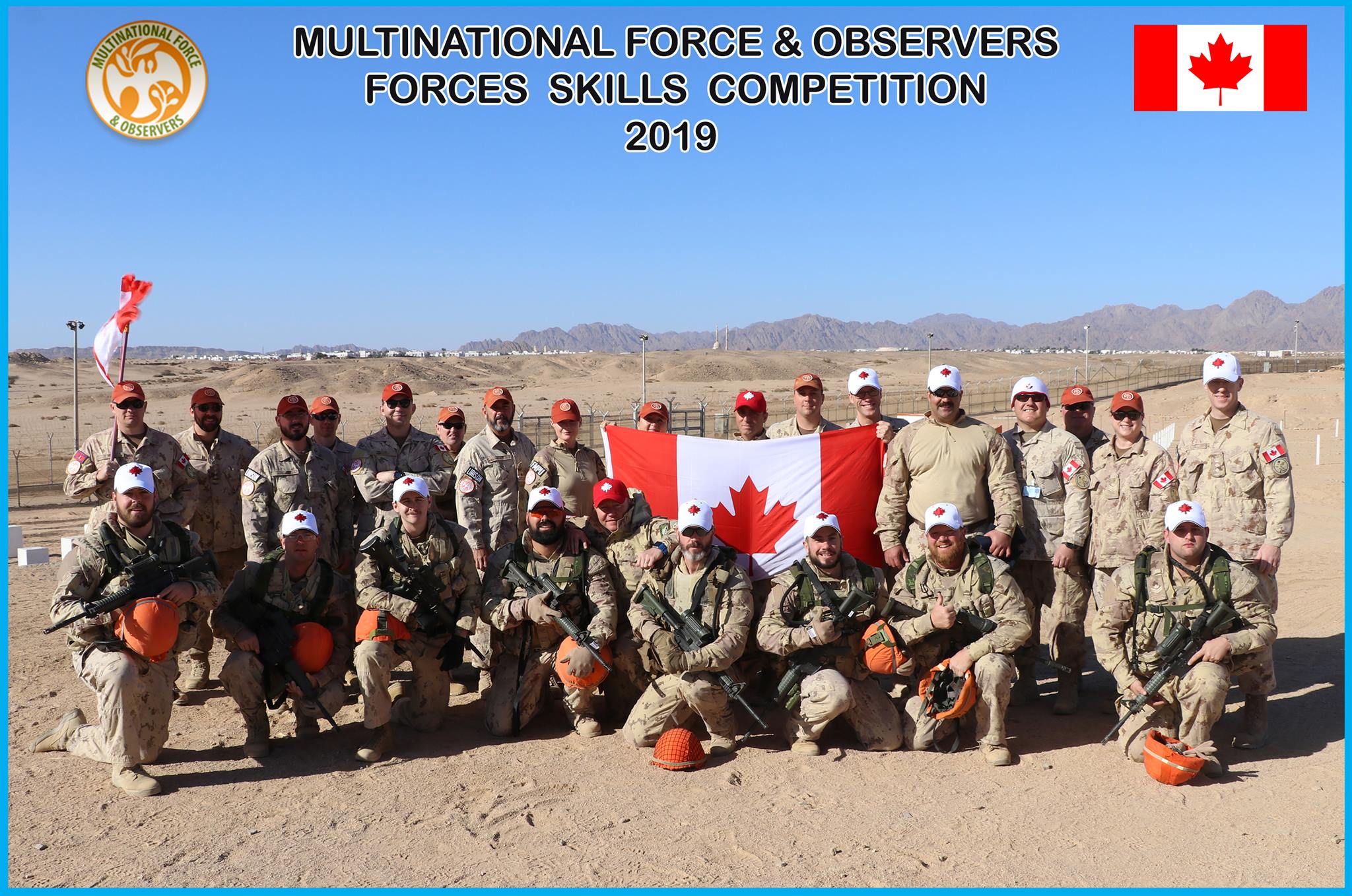Operation CALUMET
Operation CALUMET is Canada's support to the Multinational Force and Observers (MFO), an independent peacekeeping operation in the Sinai Peninsula. Canada has been in the MFO since September 1, 1985.
In March 2025, the Government of Canada announced the extension of Operation CALUMET to March 2028.
How many people are deployed?
Approximately 40 Canadian Armed Forces (CAF) members make up Task Force El Gorah. They are based in South Camp and North Camp of the MFO, in Egypt.
What are they doing?
Canada provides key leaders for the MFO headquarters, including a Chief Liaison Officer, Chief of the Training Branch, and Force Sergeant Major (FSM). The Canadian group also provides expertise in logistics, engineering, intelligence, and communications.
The MFO uses helicopters and small fixed-wing aircraft to travel through the mission area. The CAF unit keeps track of their positions, while providing them with mission critical information such as traffic, weather, and flight plans.
Military police officers were part of the Canadian contingent from March 2015 to March 2019. They performed police and security duties in the North and South camps of the MFO. This included traffic control, investigations, inspections, patrols, searches, and general security within both camps.
With the drawdown of the military police contingent, Canada is focused on delivering key capabilities to sustain the treaty and facilitate continued peace between Israel and Egypt.
History and context of the operation
The MFO has its roots in the September 1978 peace talks at Camp David, near Washington D.C. The Camp David Accords resulted in the Egypt-Israel Peace Treaty, which was signed in Washington on March 26, 1979.
The United Nations Security Council refused to extend the mandate of the second U.N. Emergency Force, nor would it authorize a new peacekeeping force for the Sinai Peninsula.
As a result, Egypt and Israel began to work toward a different peacekeeping solution for the region. The MFO was established at El Gorah and Sharm-el-Sheikh on August 3, 1981.
Canadian Armed Forces relationship with the Multinational Force and Observers
The MFO mission is to:
- supervise the implementation of the security provisions of the Egypt-Israel Peace Treaty; and
- employ best efforts to prevent any violation of its terms.
About 1170 troops from 15 nations serve in the MFO. They patrol the zones closest to the Egyptian-Israeli border. There are also civilian observers.
Past deployments
Canada has been a part of the MFO since June 28, 1985, when it agreed to provide a helicopter unit to the MFO. Canada’s first MFO group was formed in September 1985. It was made up of 140 Royal Canadian Air Force members and nine CH-135 Twin Huey tactical helicopters. They established the Canadian Rotary Wing Aviation Unit (RWAU) at El Gorah on March 31, 1986.
The Canadian RWAU supported observer inspections and verifications. It also supported MFO infantry battalions. Other tasks included medical evacuations and unit training. The RWAU also ran the MFO’s air traffic control system.
The Canadian RWAU left in March 1990. The United States then took over aviation support to the MFO. Since then, the Canadian MFO group has focused on flight-following and providing staff expertise.
On March 23, 2015, Canada took over the policing services for MFO personnel for four years. The CAF policing services ended in March 2019.
External Links
- Multinational Force and Observers (You are now leaving the Government of Canada website)
- MFO Contingents – Canada Photo Gallery (You are now leaving the Government of Canada website)
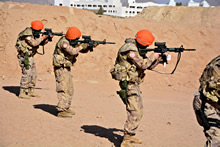
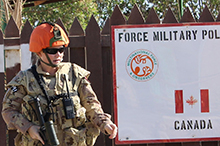
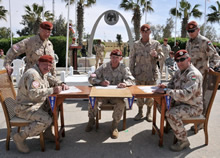
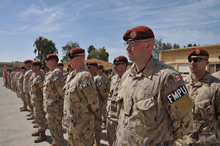
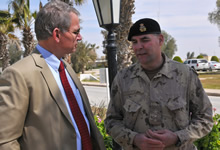
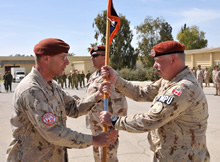
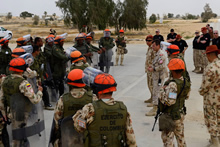
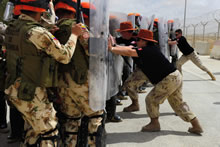
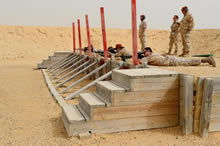
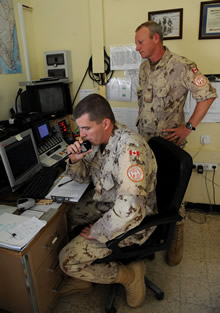
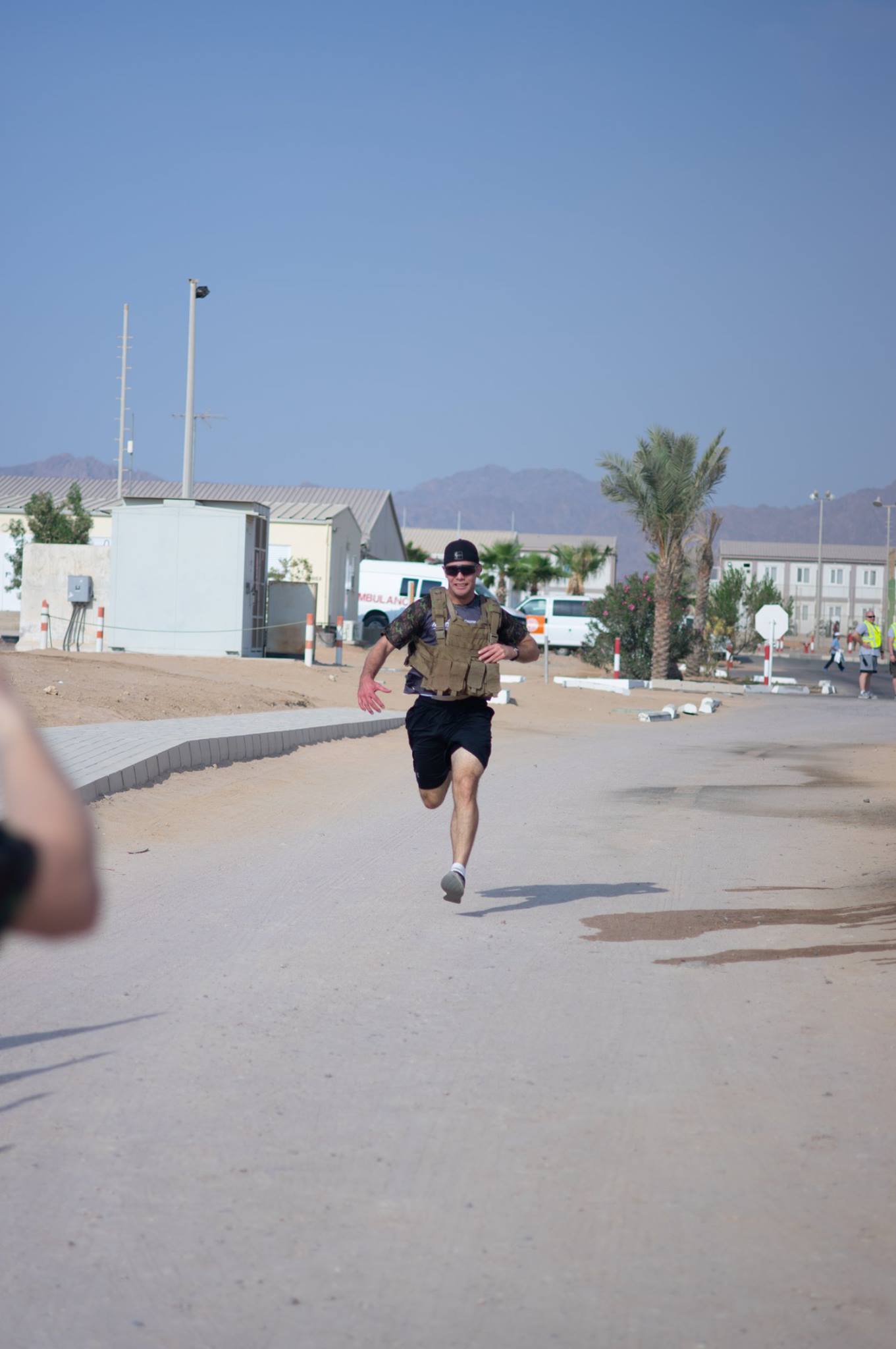


.jpg)
